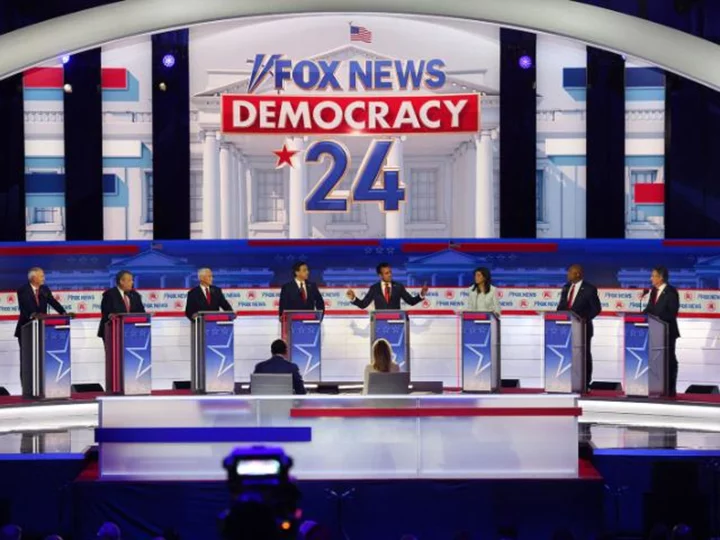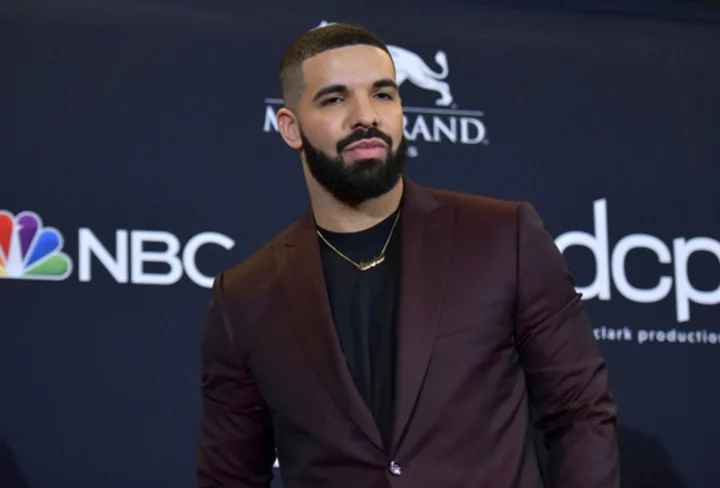The first Republican primary debate of the 2024 campaign season hosted by Fox News averaged 12.8 million viewers, according to viewership data, a larger than expected audience given the notable absence of frontrunner and disgraced former President Donald Trump.
The numbers were far short of the historic 24 million viewers who tuned into the first Republican debate in August 2015, in which Trump fiercely sparred with the large field of candidates, as well as co-moderator Megyn Kelly.
But the audience for Wednesday night's debate was much higher than many television veterans had estimated, signaling that there is great interest in the GOP candidate field beyond Trump.
The viewership data, provided by Nielsen Media Research, indicated that 11.1 million viewers tuned into the flagship Fox News for the debate, with 1.7 million watching on sister channel Fox Business. Some 2.8 million of those viewers who tuned into the right-wing channels for the GOP melee were in the age 25-54 demographic, a key metric for advertisers.
It's likely that if Trump were to have appeared at the debate, the ratings would have been even higher. But it's not clear how much of a boost it would have given the viewership, particularly given that Trump's novelty has worn off over the years. His July town hall on Fox News hosted by the right-wing propagandist Sean Hannity averaged only 2.9 million viewers.
Meanwhile, Fox News' post-debate coverage Wednesday night, also hosted by Hannity, posted strong numbers. During the 11 p.m. hour, the program averaged 4.4 million viewers and 886,000 viewers in the 25-54 demographic.
The Republican face-off also lifted the ratings of CNN and MSNBC, both of which programmed special post-debate coverage kicking off in the 11 p.m. ET hour. From 11 p.m. to 1 a.m., MSNBC averaged 2.1 million total viewers and 257,000 in the key demographic. CNN averaged 1.2 million total viewers and 281,000 in the key demographic.
Trump, who tried to upstage the event by sitting down for an interview with the fired Fox News host Tucker Carlson, attempted to claim that the sit-down attracted more eyeballs than the debate. But Trump was citing video data from X, the platform formerly known as Twitter, which does not provide reliable metrics and is not comparable to television ratings. For instance, X states that it will count a user view even if a video is seen for two seconds.
Nielsen, the data firm that is considered the gold standard for measuring television viewership, uses a much more rigorous standard to generate ratings numbers. Additionally, Nielsen ratings measure the average audience for a program at any given time. Internet video views offer a cumulative number.









